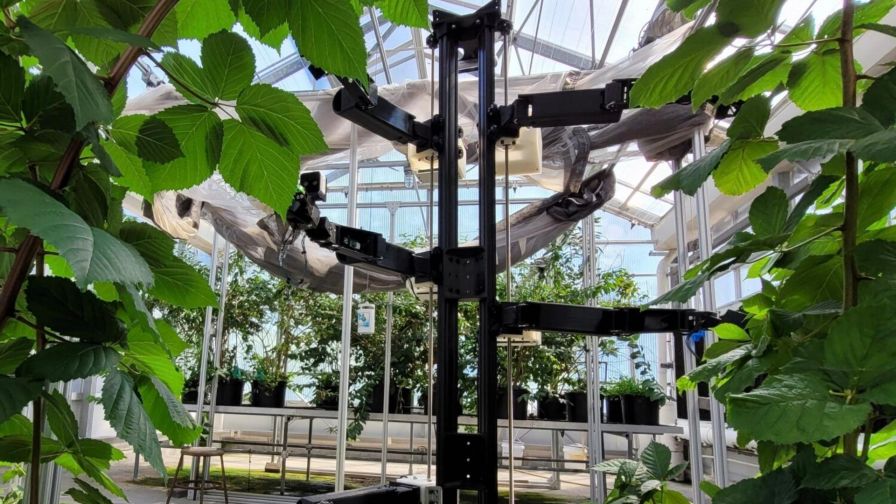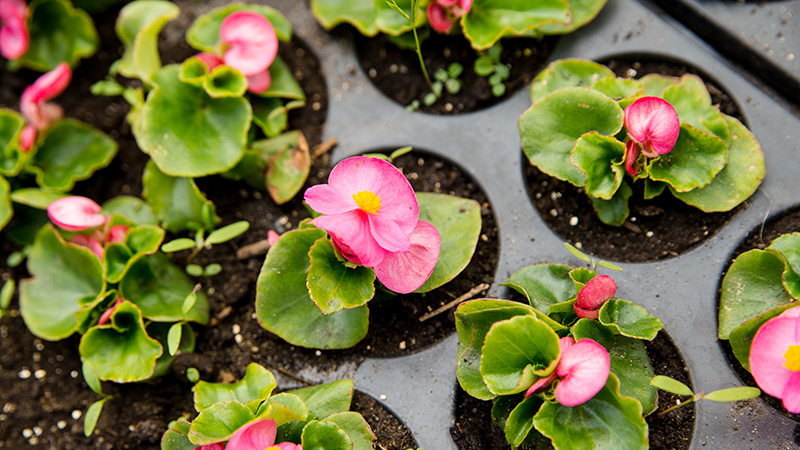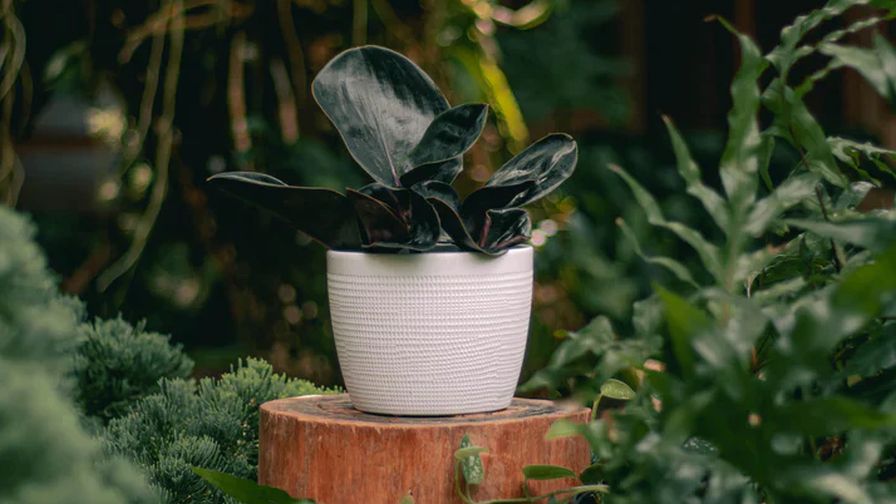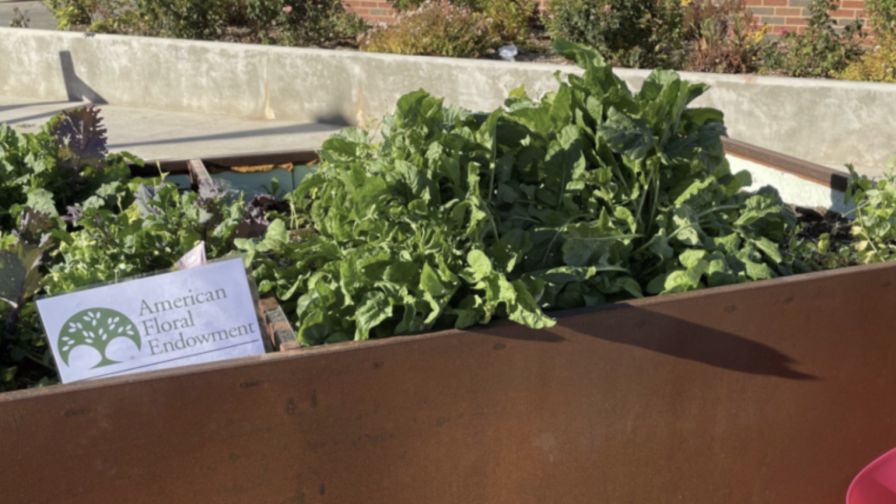Phylos Releases New Line of Production-Ready Cannabis Seed
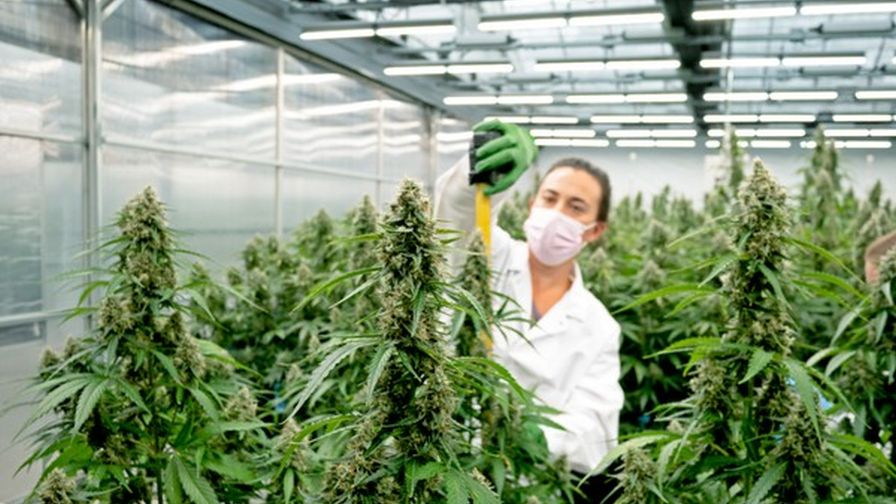 Modern crop science company Phylos is providing a new option for commercial growers looking for uniformity, input reduction, and risk mitigation for large-scale cannabis and hemp production — highly-optimized production-ready F1 hybrid seed.
Modern crop science company Phylos is providing a new option for commercial growers looking for uniformity, input reduction, and risk mitigation for large-scale cannabis and hemp production — highly-optimized production-ready F1 hybrid seed.
Now, growers can directly sow seeds with confidence that the resulting plants will be reliably consistent and uniform. Phylos Production-Ready Seeds match or exceed the desirable traits of clonal varieties like cannabinoid content, terpene composition, uniformity, and yield consistency without the production overhead and labor requirements of maintaining clones. Currently available, the Phylos Automatic Series of short-season, day-neutral varieties allows for year-round planting, multiple harvest cycles, and easier crop management, all while lowering production costs. Phylos also grants exclusive access to its Velocity Series of early maturing, photosensitive F1 hybrids to First-Look Partners. The Velocity Series will be available Summer 2022.
“We’re excited that our production-ready seed lines are getting into the hands of growers. When we release an F1 hybrid line, all of the data-driven decisions made during the breeding process are integrated into a seed line that has the characteristics growers need including high potency, hermaphrodite resistance, and consistent early maturation time,” says Alisha Holloway, PhD., Chief Scientific Officer at Phylos.
Traditionally, growers have opted to use clonal varieties in commercial cannabis operations. However, as breeding innovation continues to advance, growers are finding that many of their most impactful, bottom-line cultivation pain points can be resolved by making the switch from clone-grown cannabis to seed-grown.
“Our goal has always been to unlock the potential of the cannabis plant in seed lines that meet grower needs while simultaneously providing solutions to common cannabis cultivation and sustainability problems,” Holloway says. “To do that rapidly, we apply modern breeding technologies including genetic markers, intensive phenotyping, and chemical profiling, in order to select the best plants in each cycle.”
These commercially scalable true F1 hybrid seed varieties, with an observed 99%+ feminization rate, are bred to yield the uniformity and consistency necessary to create sustainable growth suitable for commercial growers of any size. This next generation of seed also eliminates the need to maintain mother stock and mother rooms, the task of pheno-hunting, and the need for light deprivation equipment when growing seed from Phylos’ Automatic Series, further reducing labor costs, saving energy, and reducing the impact on the environment.
Additionally, growing from seed reduces the risks of transferring pests and pathogens while providing a cleaner growing environment and healthier plants. Common diseases, such as powdery mildew, are particularly problematic as they often cannot be initially seen with the naked eye.
Growers looking to mitigate the risks of other diseases, like Hop Latent Viroid (HLVd), can benefit from utilizing seed, as research suggests that HLVd transmission is reduced dramatically in seed-grown plants.
Join Phylos on June 8, 2022, at 12 pm PST for “Scale and Increase Profitability with Uniform Seed-Grown Production”, a webinar discussion with industry leaders to discover the many reasons why seeds are the future of cannabis production. Reserve your spot now at phylosb.io/webinar.




